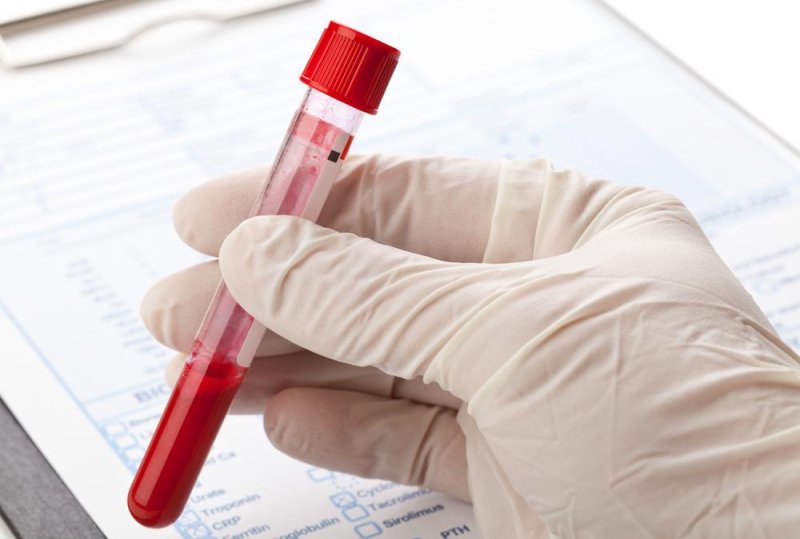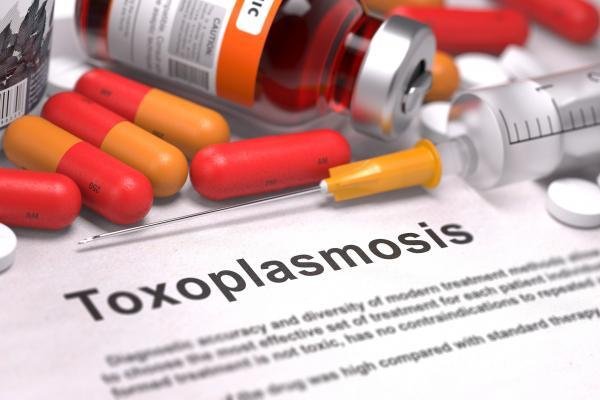 The Food and Drug Administration approved a new drug for patients with advanced non-small cell lung cancer whose tumors have a specific genetic mutation.
The Food and Drug Administration approved a new drug for patients with advanced non-small cell lung cancer whose tumors have a specific genetic mutation.
The drug, Keytruda, was given breakthrough therapy designation and a sped-up approval because it was deemed to be a significant improvement over available treatments based on the results of clinical trials.
FDA approves new treatment for advanced lung cancer
Study: Many early breast cancer patients can skip chemotherapy
 A 21-gene test can accurately predict whether women with breast cancer can be treated without chemotherapy, according to a large, long-term study.
A 21-gene test can accurately predict whether women with breast cancer can be treated without chemotherapy, according to a large, long-term study.
The test, called the OncotypeDX, examines the expression of 21 genes in tumor biopsies. Based on the results of the test, researchers were able to correctly predict whether endocrine therapy or endocrine therapy with chemotherapy is best for individual patients.
Two drugs proven more effective than standard kidney cancer treatment
 A pair of drugs have overshadowed the use of standard therapies after new clinical trials suggest they work better for advanced kidney cancer.
A pair of drugs have overshadowed the use of standard therapies after new clinical trials suggest they work better for advanced kidney cancer.
The two treatments -- nivolumab and cabozantinib -- each successfully prolonged the survival of renal-cell cancer patients during separate studies both published in the New England Journal of Medicine.
FDA: Start-up's cancer blood test may be harmful
 A San Diego company selling an early cancer detection test was notified by the U.S. Food and Drug Administration it can find no evidence the test actually works, and is concerned it could prove to be harmful for some people.
A San Diego company selling an early cancer detection test was notified by the U.S. Food and Drug Administration it can find no evidence the test actually works, and is concerned it could prove to be harmful for some people.
Pathway Genomics debuted its CancerIntercept test in early September with claims it can detect cancer cell DNA in the blood, picking up mutations linked to as many as 10 different cancers. The goal is to catch cancer early in people who are "otherwise healthy" and not showing symptoms of the disease.
Brain-computer connection helps paralyzed man walk
 A man's ability to walk using direct brain control of his legs was restored after years of being paralyzed, researchers reported in a proof-of-concept study.
A man's ability to walk using direct brain control of his legs was restored after years of being paralyzed, researchers reported in a proof-of-concept study.
The system uses electrical signals from the man's brain, sending them to electrodes placed on his knees, allowing him to voluntarily move his legs.
Previous research has shown paralysis patients can be made to move their legs with noninvasive treatments, however this study used virtual reality training and a harness system, rather than an exoskeleton to help the man support his weight.
Turing Pharmaceuticals decreasing Daraprim drug price after outrage
 Martin Shkreli, CEO of Turing Pharmaceuticals, announced he will reduce the price for Daraprim, a drug used to treat toxoplasmosis, after an earlier 5,000 percent price increase that generated mass criticism and accusations of drug-price gouging.
Martin Shkreli, CEO of Turing Pharmaceuticals, announced he will reduce the price for Daraprim, a drug used to treat toxoplasmosis, after an earlier 5,000 percent price increase that generated mass criticism and accusations of drug-price gouging.
Shkreli, 32, told NBC News the new price would be determined in the coming weeks. He said lowering the price was a decision taken in reaction to the outrage over Daraprim's price surge.
New: 87 Deceased NFL Players Test Positive for Brain Disease
A total of 87 out of 91 former NFL players have tested positive for the brain disease at the center of the debate over concussions in football, according to new figures from the nation’s largest brain bank focused on the study of traumatic head injury.
Researchers with the Department of Veterans Affairs and Boston University have now identified the degenerative disease known as chronic traumatic encephalopathy, or CTE, in 96 percent of NFL players that they’ve examined and in 79 percent of all football players. The disease is widely believed to stem from repetitive trauma to the head, and can lead to conditions such as memory loss, depression and dementia.
More Articles...
Page 27 of 233

 Health Glance
Health Glance






























